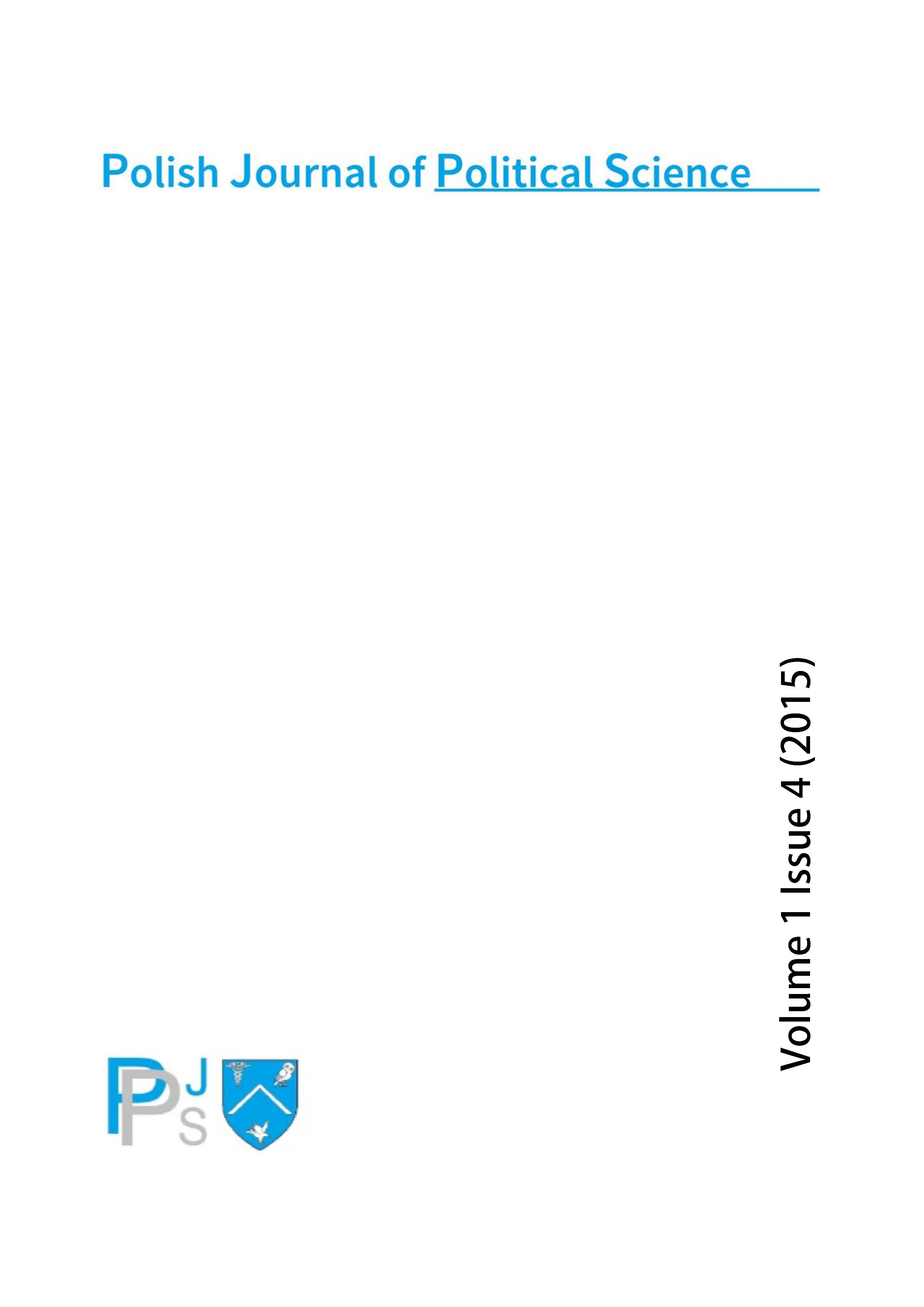The Problem with the Concept of Utility and its Measurement
The Problem with the Concept of Utility and its Measurement
Author(s): Lech KellerSubject(s): Politics / Political Sciences, Political Theory, Political economy
Published by: Fundacja Instytut Nauki o Polityce
Keywords: Utility; Ideology; Role of Economics; Role of Economists; Microeconomics; Economic Methodology
Summary/Abstract: Utility is a fundamental notion of orthodox (mostly neoclassical) economics, but as it is an idea, that is very vague and thus impossible to define and measure, it did a lot of harm to economics as a science. Therefore, I strongly argue that this outdated and imprecise concept should be finally abandoned, especially as a basis for microeconomic consumer theory, because it is not only illogical, but also ideologically not neutral, and thus unscientific. For sheer inertia, the concept of utility, as a basis for microeconomic theory, is taught to the students, thus corrupting the young minds. Furthermore, the present financial and economic crisis, the most serious since the 1930s, should force the economists from the academia to seriously revise the foundations of microeconomic theory, and, as logical consequence, rewrite the handbooks in microeconomics. I do not merely argue that the utility theory defies both logic and empirical justification, as many authors did it before me. I argue that the very notion of utility is unscientific, and was kept in microeconomic books only because of sheer inertia, but this way it made a lot of harm to the science of economics, and, as a result to the real economies. I also argue that the subjectivist theory of value should be replaced with an objectivist one, based on value of labour
Journal: Polish Journal of Political Science
- Issue Year: 1/2015
- Issue No: 4
- Page Range: 6-44
- Page Count: 39
- Language: English

